Fast, reliable septic tank pumping that prevents backups and keeps your Lake Grove property protected.
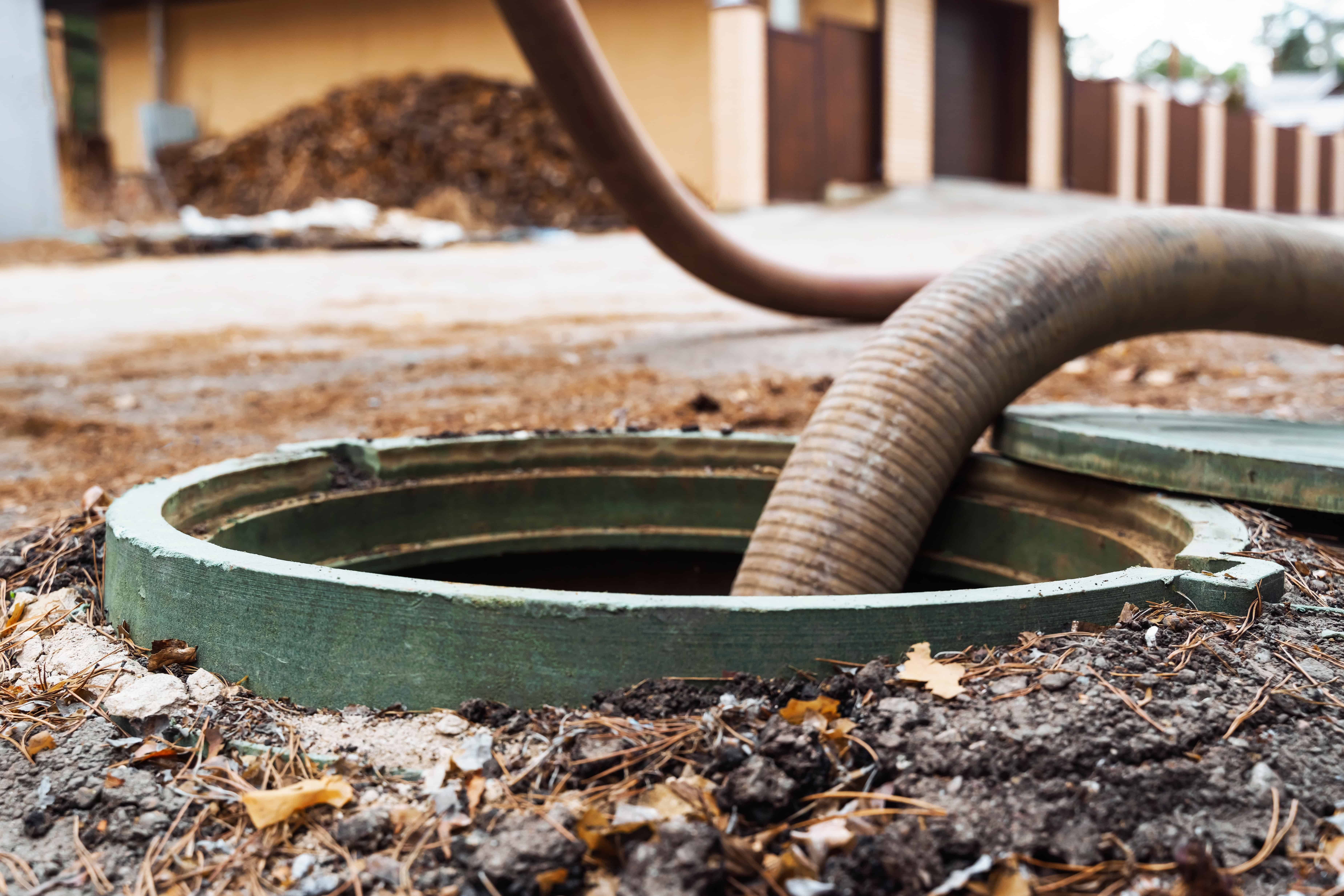
Hear from Our Customers
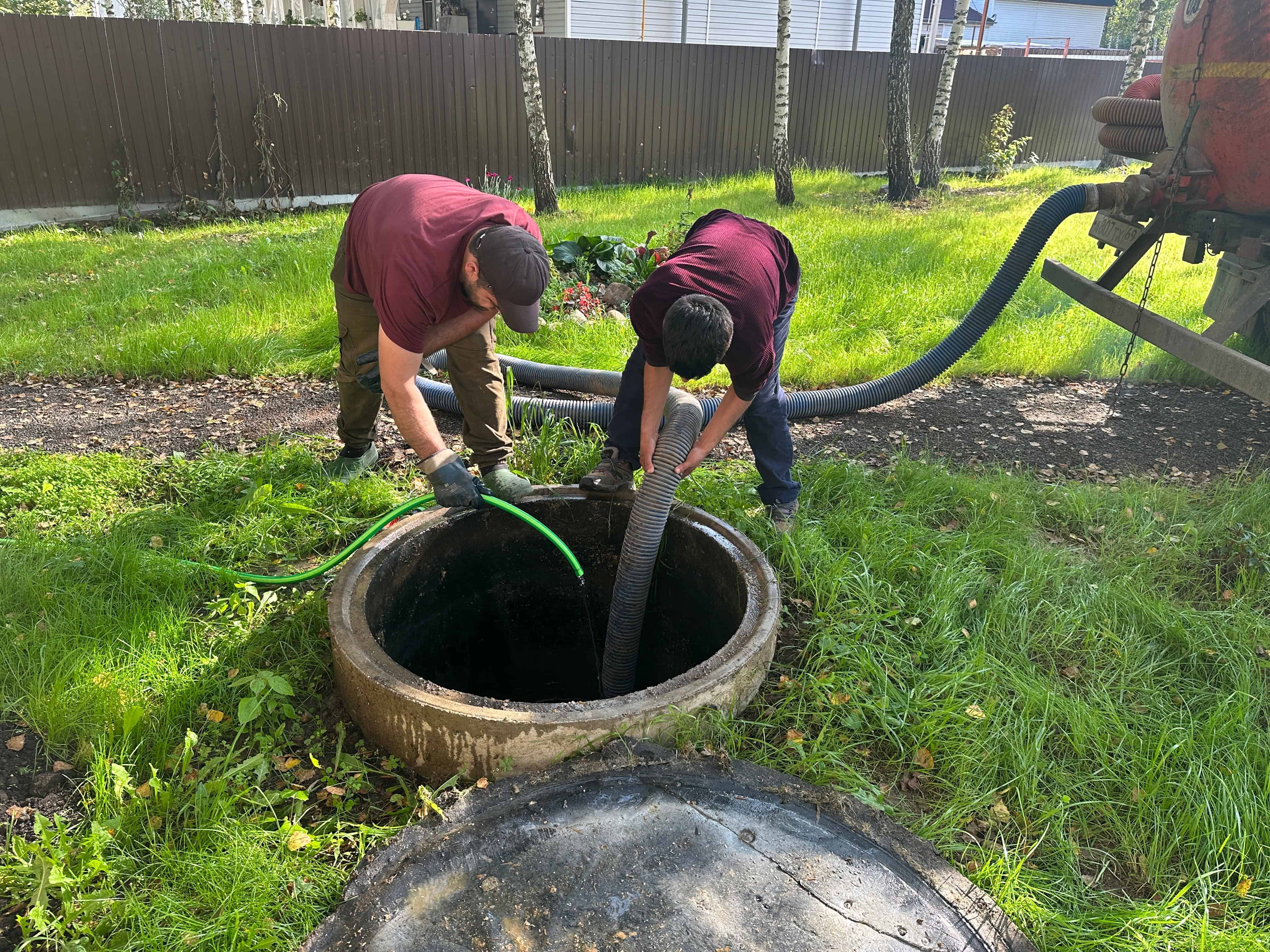
Your septic system works behind the scenes until it doesn’t. When you stay on top of regular pumping, you avoid the nightmare scenarios that keep Lake Grove homeowners up at night.
No more worrying about sewage backing up into your home during heavy rains. No more wondering if that slow drain means disaster is coming. No more panic when guests are coming and your toilets aren’t flushing properly.
Regular septic tank pumping means your system handles everything you throw at it. Your drains flow freely. Your yard stays clean and odor-free. Your property value stays protected. Most importantly, your family stays safe from the health hazards that come with septic system failures.
We’ve been keeping septic systems running throughout Lake Grove and Suffolk County for years. We understand how Long Island’s soil conditions affect your septic system and what it takes to keep everything flowing properly.
You’re not getting a fly-by-night operation or someone learning on your property. You’re getting licensed professionals who’ve seen every type of septic issue Lake Grove throws at us. We show up when we say we will, do the work right, and clean up after ourselves.
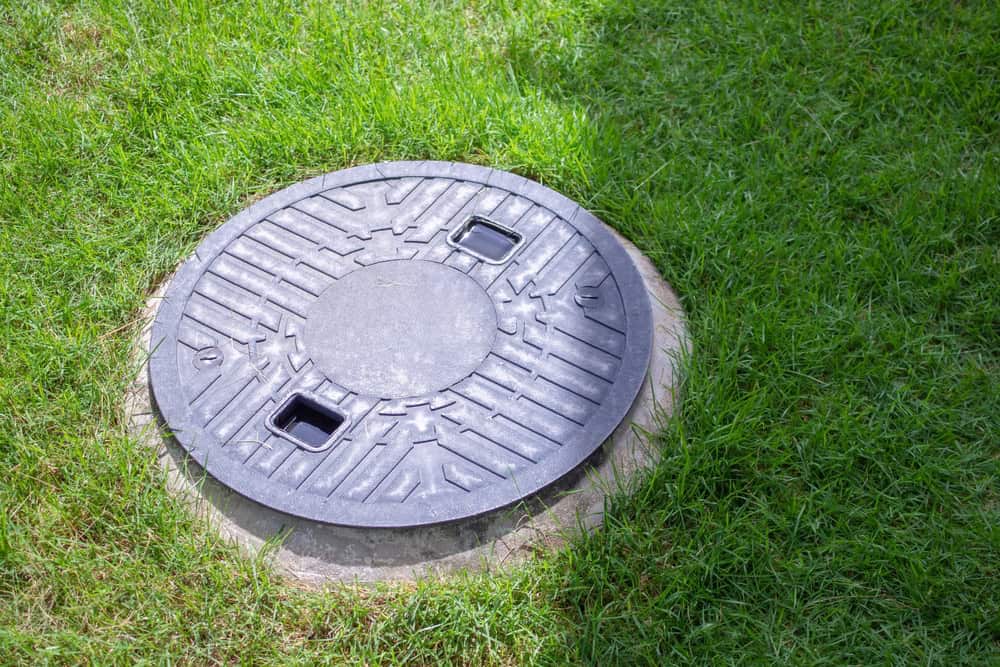
First, we locate and uncover your septic tank access ports. Our trucks carry professional pumping equipment that removes all the accumulated sludge and scum from your tank. We don’t just pump and leave – we inspect the tank condition and let you know if we spot any potential issues.
The whole process typically takes 30-45 minutes for most residential tanks. We pump everything out completely, not just the easy stuff on top. After pumping, we check that your tank is structurally sound and your inlet and outlet pipes are clear.
Before we leave, we’ll give you a realistic timeline for your next pumping based on your household size and usage patterns. No guessing games or sales pitches for unnecessary services. Just straight information about when you’ll actually need us back.
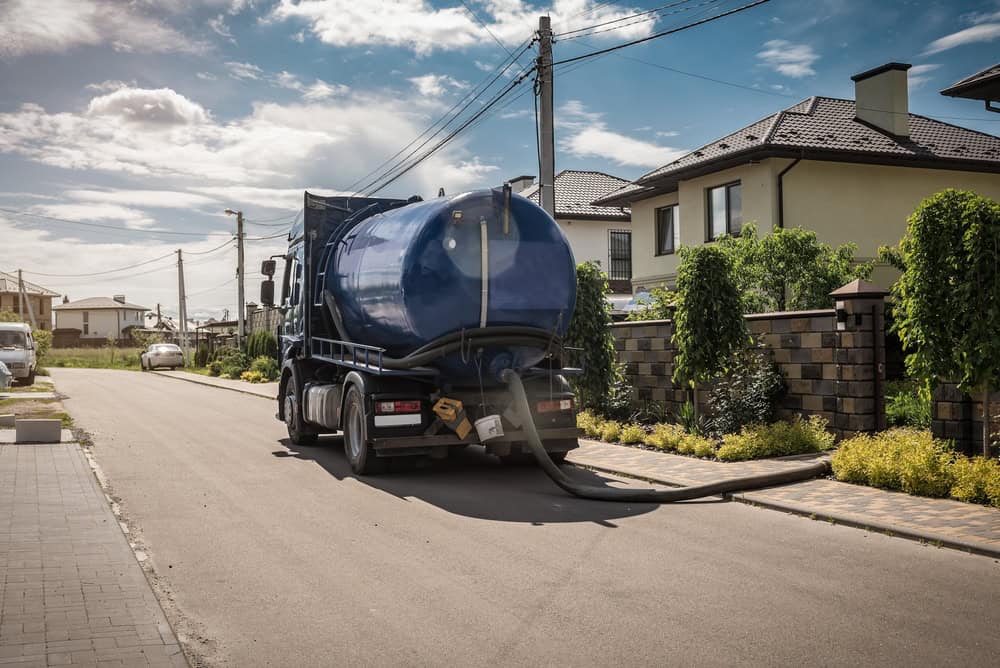
Ready to get started?
When we pump your septic tank, you get complete removal of all accumulated waste – not just a partial pump-out that some companies try to get away with. We bring the right equipment to handle any size residential or commercial tank in Lake Grove.
Every service includes a basic inspection of your tank’s condition. We’ll tell you if we see cracks, damaged baffles, or other issues that need attention before they become expensive problems. We also check that your distribution box is working properly and your drain field isn’t showing signs of failure.
You get proper disposal of all waste material following New York State environmental regulations. We don’t cut corners on disposal because we know Lake Grove residents care about protecting local groundwater. After service, we provide documentation of the work for your records and any future property transactions.
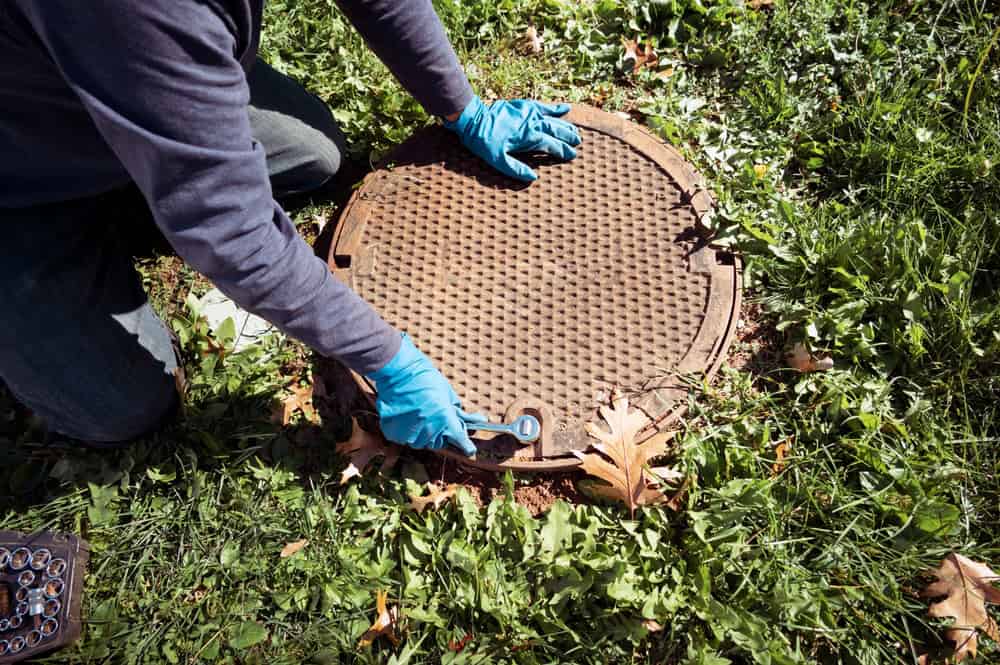
Don’t let cesspool issues disrupt your day. Reach out now for a free estimate and expert service.
©2025 Quality Cesspool All Rights Reserved. SEO Company NYC – Web Design & SEO by Hozio